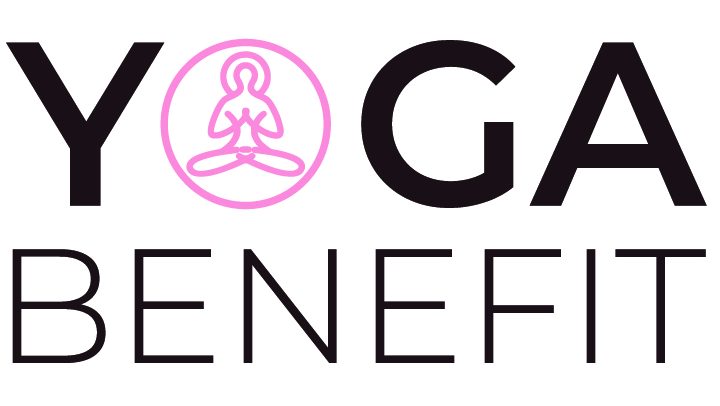For a moment, imagine a person standing in front of you in pain. They are looking at you desperate to end their suffering. Imagine that your heart rate is fastening, your breathing is becoming shallower, and you feel panicked. This is not something I have to think about. This is what I have to face every day in my job.

For the past eight years, I have been a registered nurse in Australia and abroad. My passion is in Emergency Medicine/Community Health. I enjoy the challenge of managing life-threatening situations in emergency departments and preventing them from happening in my local community.
However, I was affected by the stress of my job, as well as the many night shifts and general mental demands of being a nurse, over the years. Over the years, I became more distant from my patients and disconnected myself emotionally from their suffering. I lost sight of the compassionate, caring person I was once. One point I felt lost in my drive and ambition to keep this job and began to question whether it was worth switching careers. I was there that yoga came to me. Many aspects of yoga helped me to return to and maintain my optimal physical, psychological, and spiritual health while I continued my nursing career.
To understand my feelings, you don’t have to be a nurse or work in the same place as me. Stress can come from many sources, including an aggressive boss, passive-aggressive colleague, demanding children or a difficult relationship with a family member or partner. All of these stressors, no matter where they come from, affect us all in the same way and over time can lead to illness in our mind and bodies. These are some of the ways that yoga has helped me and can help you to maintain good health in your work and daily life.
Asana
Daily practice of ‘asana,’ or ‘postures, has allowed me to remain flexible and strong. This allows me to meet the demands of patient care and prevent injuries. It is important to have a strong back and core when you care for patients who are unable to look after themselves. This is especially true since back injuries are one of the most common causes of worker’s comp in healthcare workers. Asana is essential for anyone who works at a desk all day. Asana practice can improve posture and overall health. Even though I may only be able to do five sun-salutations before I rush out to work, it is a good habit that creates positive ripple effects of healthy choices I make for myself the rest of my day. Just by being consistent with daily practice, I know that when I have more time to do asana, it will be for my benefit. I’ll make sure that I spend the time I do for them, knowing that it helps me keep healthy so I can do good things for others and the world.
Ashtanga Philosophy
“Ashtanga” (meaning eight limbs) refers to the eight elements of yoga philosophy that guide practitioners on a path towards spiritual wellness. I have found that the first two limbs have helped me make better decisions and take actions in my daily life. This has allowed me to be more compassionate towards my patients and also created meaningful and meaningful relationships and experiences in my own life. These limbs are known as the “yamas” and the “niyamas”. They can be compared to an ethical guideline and include suggestions like “nonviolence”, truthfulness, self-discipline, and “contentment”.
As I observed my behaviors at work, towards patients and colleagues, as well as towards myself, and my personal life, I realized that the mental and physical suffering I was experiencing was directly connected to my lack of love and compassion. I was also walking down a path of anger, resentment and frustration which made it difficult to have meaningful and loving interactions. My heart began to soften and become more open after I began practicing the yamas, niyamas every day. This was further amplified by my Yoga Teacher Training. I no longer see myself as a nurse and others as my patients. In the past, I would have instinctively created a wall between us. Instead, I view them as two people, having an honest and meaningful interaction and providing care from a place that is genuine compassion.
Pranayama
Pranayama, which is Sanskrit for “extension of the life force”, refers to controlling your breath. This basically means that you should practice a particular breathing exercise in order to improve your mental and physical health. Pranayama allows you to regulate your breathing and increase your vitality. These breathing exercises bring clarity to your mind and help you see the light of pure consciousness. Although I had been taught various pranayama techniques by my yoga teachers over the years, I didn’t fully understand their importance or extent. Only after I suffered severe burnout due to chronic stress did I realize how important it was for me to incorporate a breathing awareness practice in every day of my life. Simply by being aware of my breath, it allowed me to not only comprehend the stress level at the moment but also allow me to relax and respond with love and peace. When I am in a stressful situation, such as the one I described, I can simply take a moment and breathe slower and deeper. I can then help my patient with an open mind and clear head.
Meditation
It was so easy to meditate once I learned how to control and be aware of my breath. This was something I struggled with for many, many years. Meditation activates the prefontal brain cortex, the seat of higher thought, and stimulates neurotransmitters such as dopamine, serotonin and oxytocin. This allows us to feel happiness and pleasure, self-esteem, pleasure and less pain. Meditation is the only drug that can simultaneously coordinate the release of all these chemicals.
Daily practice of meditation, pranayama, asana and yoga can help us shift our mindset towards love and acceptance. This can make it possible to heal the world. We will be more kind and compassionate towards each other and ourselves if we see each other as equals and show compassion for the suffering of others. Yoga has helped me heal my relationships with my patients and reenergized my career as an nurse. It is a job I will never take for granted. These practices have made me healthier and more resilient to stress, and allowed me to give better care to my patients. I am reinspired to continue in the role and to build my career in this field. Now that I know how to care for patients and connect with them from a place where love and genuine compassion, I feel motivated to do so.
